River protection at the national level: A look back at 2019 and what’s ahead in 2020
Here's what's on the horizon.
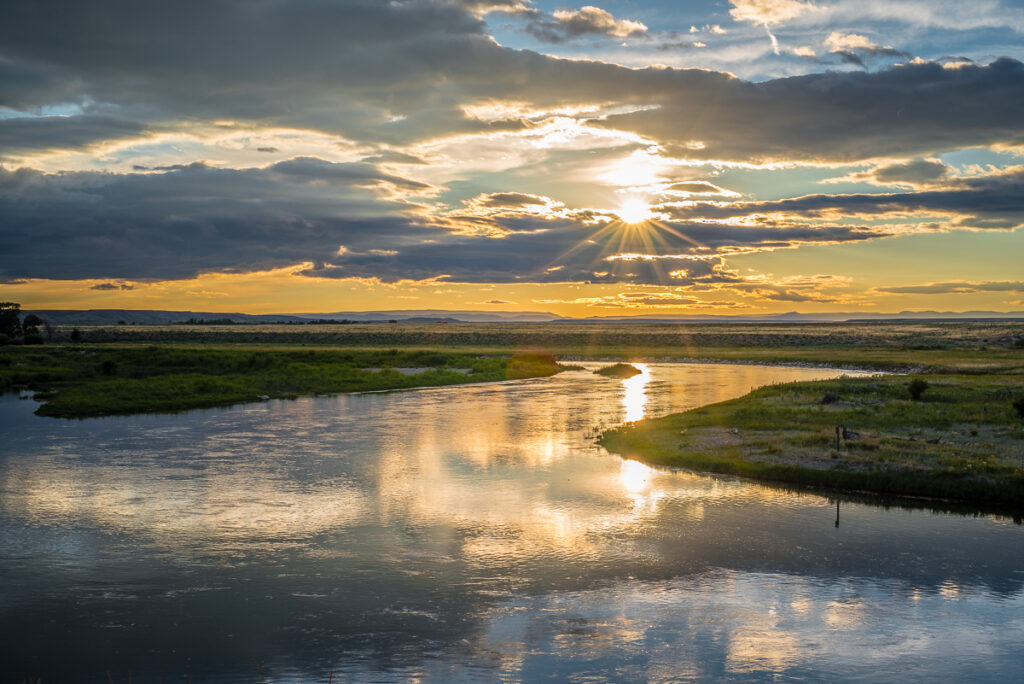
2019 was another challenging year for the protection of our nation’s rivers and clean water. American Rivers spent much of the year fending off seemingly relentless attacks against environmental laws through rollbacks and repeals of important regulations at multiple agencies. The agencies involved in these regulatory attacks include the Environmental Protection Agency (EPA), the U.S. Army Corps of Engineers, the U.S. Forest Service, and the U.S. Fish and Wildlife Service — threatening water quality, wetlands and endangered species. These attacks have undercut vital environmental laws including the Clean Water Act, the Endangered Species Act, and the National Environmental Policy Act.
A few of the most egregious actions this past year include:
- Trump Administration repeal of the Obama Administration’s Clean Water Rule and replacement with Trump Dirty Water Rule—The Obama era rule was scientifically supported and crafted to clarify the jurisdictional scope of the Clean Water Act in the era post SWANCC and Rapanos Supreme Court cases. Both of these cases muddied the understanding of what waters are subject the regulation under the Clean Water Act. This regulatory repeal sends the jurisdictional understanding back to 1980’s era rules. The Trump Administration has now spent several months finalizing a new Dirty Water Rule which will significantly roll back the protections of our Nation’s waters. The EPA recently sent the final rule to the Office of Management and Budget for review, after which the final rule will be released. American Rivers will work with our partners to block this rule and ultimately through litigation, if necessary, to stop these attacks on the Clean Water Act and its protections of clean swimmable, fishable waters.
- Trump Administration rules that undercut the effectiveness of the Endangered Species Act—The new rules have added economic considerations to the threatened and endangered species listing process. These listings used to be purely based on science. In addition, the new rules limit the ability to consider climate change impacts in determining listings and protection decisions. American Rivers is working with partners to ensure aquatic and aquatically dependent species receive the needed protections they for their continued survival.
- Trump Administration attacks State and Tribal water protection rights—The Environmental Protection Agency recently closed the public comment period on a proposed regulation that significantly restricts State and Tribal water protection rights under section 401 of the Clean Water Act. Section 401 is the backbone of the Act’s cooperative federalism relationship between the federal government, and state and tribes for protecting water quality. Section 401 is THE provision that grants states and tribes (and consequently us—citizens) authority to review and certify water quality for federal infrastructure planning and construction. This authority has been critically important for American Rivers priorities related to hydropower relicensing, dam operations, pipeline construction, and the resulting protections for fish and wildlife, and river health. We have gone to the Supreme Court to protect this provision and will continue to fight any erosion of this critical tool for protecting rivers and water quality.
Looking forward to 2020
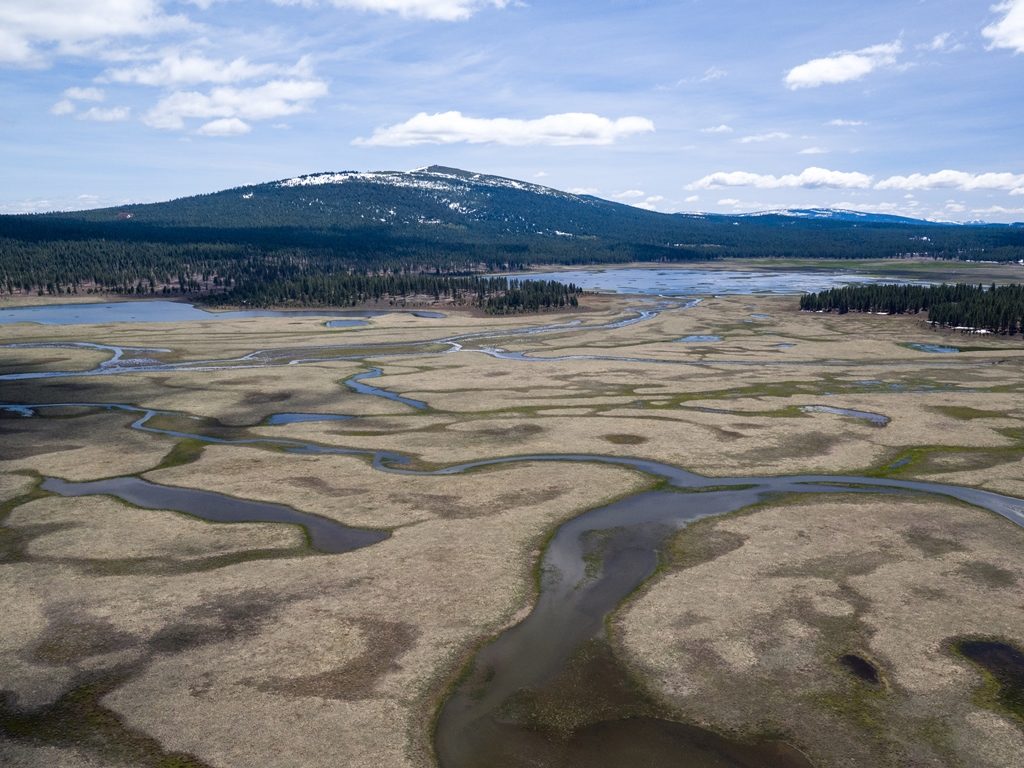
While 2019, was mostly spent defending against regulatory rollbacks, and in 2020 there will be ongoing defensive battles over Clean Water Act provisions, there should be a couple of opportunities for improving river protections. Congress is working on several pieces of legislation that should provide new river and water protections, and restoration funds and programs. Of course, predicting the future in the legislative world, especially in an election year, is always a challenge. Below are a couple of potential opportunities for positive improvements for water quality, river protection and restoration.
2020 Legislative Opportunities for Rivers:
- H.R. 1497 Water Quality Protection and Job Creation Act of 2019—H.R. 1497 authorizes $20 billion over five years in wastewater infrastructure through the Clean Water State Revolving Fund and other efforts to improve water quality. These funds will provide critical funding that will improve water quality and protect rivers around the country. The bill was introduced March 5, 2019 and marked up with bipartisan support in the House Transportation and Infrastructure Committee on October 29, 2019. It is now awaiting floor time in the House of Representatives. American Rivers supports the bill’s passage and enactment into law.
- Water Resources Development Act of 2020 (WRDA)—WRDA is a large biennial bill that authorizes Army Corps of Engineers projects and policies. It covers all of the Corps’ mission areas, including ports and harbors, inland waterways, ecosystem restoration, flood damage reduction, coastal storm protection, water supply and recreation. In recent years, due to Congressional inaction and inability to pass legislation, WRDA has frequently become a legislative vehicle for passing other water related bills affecting other agencies, including the Environmental Protection Agency, Bureau of Reclamation, and Fish and Wildlife Service. American Rivers will work to continue advancement of our priorities for the Army Corps of Engineers. These priorities include greater use of nature-based solutions and natural infrastructure for the Corps mission area projects, especially flood damage reduction, and coastal storm protection. We will continue supporting a better understanding of levee setbacks as a way to provide greater flood damage reduction for at-risk communities while enhancing natural river function and restoration. American Rivers is working with our partners to ensure that WRDA contains positive provisions for the protection and restoration of our nation’s rivers.
As we proceed into 2020, you can be sure that American Rivers will remain ever vigilant in the fight to protect critical clean water protections, and we will also promote and advocate for policies that support healthy rivers and communities.

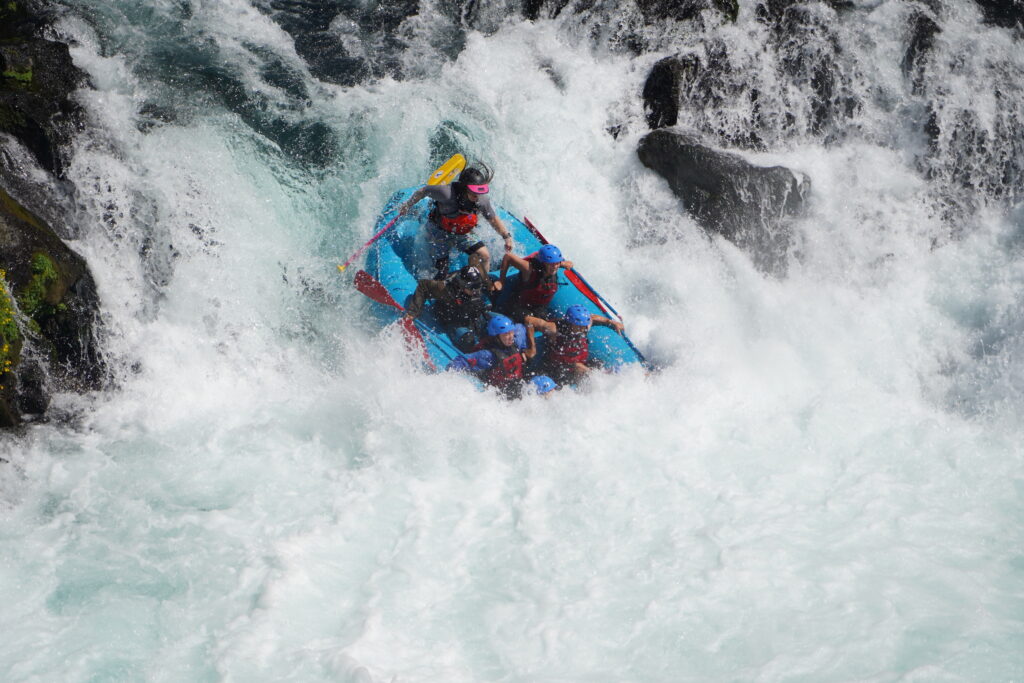
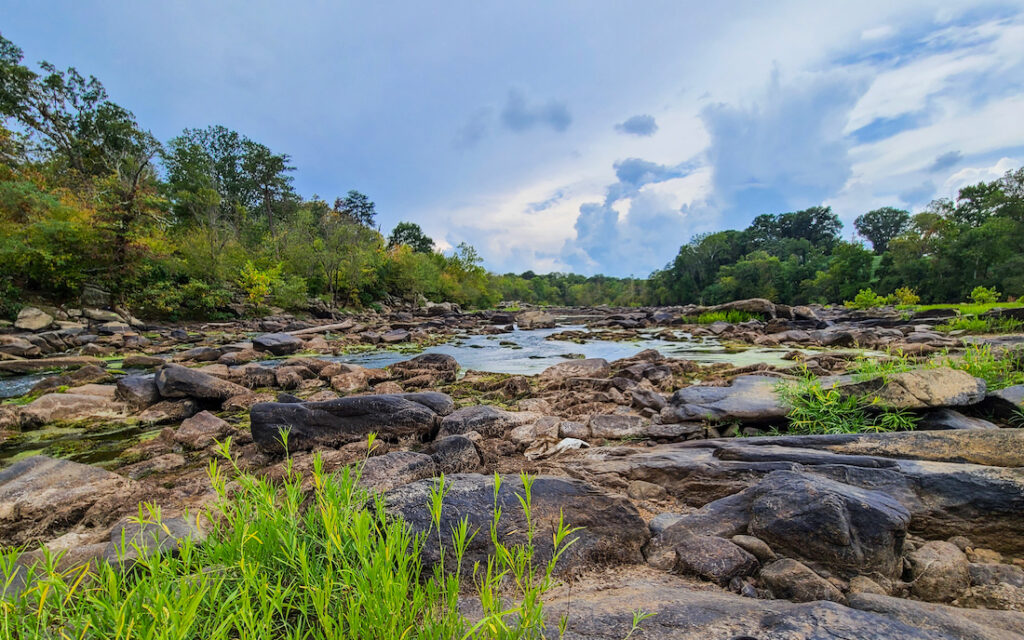
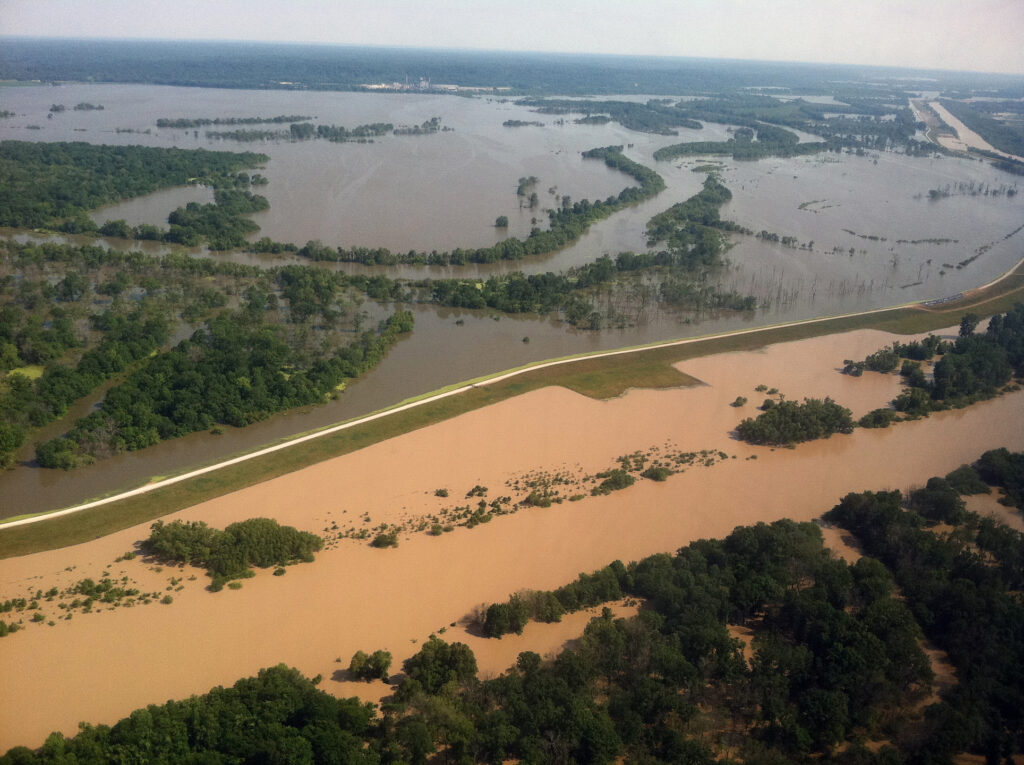
10 responses to “River protection at the national level: A look back at 2019 and what’s ahead in 2020”
1. Trump lost and we can go back to SCIENCE.
2. The house? Your boy Moscow Mitch is sitting on over 100 bills he refuses to sign. Mitch is the real power. Maybe take a course in American Gov?
3. It’s time for you to put your hate aside for us Liberals and remember it’s one country!!!!! The UNITED STATES not the right wing confederate states. Love it or leave it baby.
Attacking Trump will get you nowhere. We elected him to get rid of wasteful regulations . . . And we’re going to elect him again because he’s keeping his promises.
Why didn’t you attack the house for wasting time attacking Trump and not bringing up a bill with BiPartisan support?
Because if that bill passes it will be a positive for Trump, ditching bad regulations and installing good ones in their place. It’s the democratically controlled house that’s hurting the rivers.
It’s time put aside your liberal partisanship and start looking at what is good for America.
So, I have sent donations to you for the last several years. I do believe in your mission and I care a lot about water and wildlife. I also am very committed to my support of Donald Trump. When I read you list of “egregious actions” and their pointed descriptions I would tell you don’t waste anymore money sending me literature. Republicans and people who support Donald Trump and yes, even Donald Trump care about the environment—just not in this unrealistic way Obama did. Reference his recent speech regarding dishwashers, and Obama era regulations save water but at what cost? The greater use of energy and a less effective product. Do yourself a favor, drop the Trump hatred and just focus on your mission. Let people know about your mission. You will get more money by not alienating a large donor pool…
Sam,
We unfortunately have a lot of spam and gibberish comments that come in, so we intentionally review and post comments to filter all of those out. We usually approve and post comments within 24 hours or so. Your original comment is now live.
Why are my words moderated?
Thank you for your efforts which have encouraged similar desire to go down to the Guadalupe 1/2 mi. away and pick up trash l can see from the road.
Another bill which needs to be passed this year is the Wild Olympics Wilderness and Wild and Scenic Rivers Act (H.R. 2642). The legislation would expand wilderness designation in Olympic National Forest (adjacent to the same-named National Park). More à propos to rivers, it would also designate any number of pristine rivers rising within the Park and spilling to the Pacific Ocean and the Strait of Juan de Fuca as Wild and Scenic. Passage of this legislation is well overdue and American Rivers has an important part to play in this effort. For a western state, Washington has a dearth of Wild and Scenic Rivers, and none to my knowledge on the Olympic peninsula, including–first and foremost– the “re-born to be wild” Elwha, after the dam removals. Time to change that!
After five years of grassroots work, C&H Hog Factory has closed. This facility sat near the Buffalo National River in Arkansas and posed a tremendous threat to our first national river. It took the efforts of people from Arkansas and from all over the country to achieve our goal. Many people in Arkansas said we would never prevail over groups such as the Farm Bureau and the Pork Producers of AR. Guess what… we won the battle to “save the Buffalo River again”. We continue to fight to save the river from future threats by making a permanent moratorium on other CAFO’s in the Buffalo River Watershed. This effort was completely fueled by grass root activity and my experience with this group taught me that local action works if you are persistent in pursuing your goal. The overwhelming love for this river is bipartisan. When we unite to save a national treasure great things can happen. It would be interesting to see this approach applied to national politics.
As a Science Teacher/Environmental Educator, Engineering/STEM Professional, and an Environmental Advocate/Outdoors Enthusiast, I wholeheartedly support your efforts to protect our rivers and wetlands to benefit ALL life on Earth!
We must continue pushing for natural solutions to fight climate change!!
I’m especially interested in stopping the development of: the toxic sulfide ore copper mines in the BWCA and Lake Superior watersheds, and fossil fuel infrastructure (e.g. pipelines, power plants).
We MUST also eliminate our dependence on fossil fuels and prepare for the Renewable Energy and Energy Efficiency Revolutions (which have already started!)!
Thanks for the work you are doing. Here in New Mexico I will be working with local groups to protect our waters, especially the Gila and the Rio Grande. Local action is where I think I can work most effectively, but national organizations are also important. I’m proud to be a member of American Rivers.